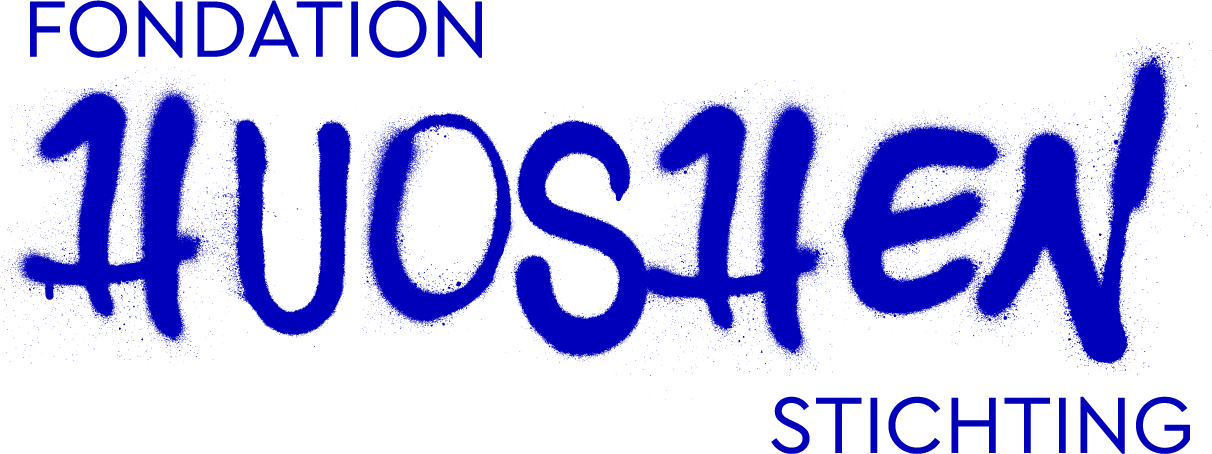The Huoshen Foundation supports studies and practices that explore psychophysical programs with adolescents in a health context. These projects can be based:
- on different fields: psychology, physical education, medicine and applied health sciences, sociology, anthropology,…
- in an educational, preventive, curative, therapeutic, and recreational context
- by means of educational programs that start from a physical experience
In the past, the Huoshen Foundation has supported projects both at universities and in associations and institutes. Further down on this page you can find more information on the different projects supported by the Huoshen Foundation. For more detailed information please contact us at info@fondation-huoshen.org
Research institutes, schools, health funds, hospitals, detention centers for youth, youth centers, sport clubs, as well as adolescents, field workers, social workers… can apply for a project with support from the Huoshen Foundation.
Research institutes, schools, health funds, hospitals, detention centers for youth, youth centers, sport clubs, as well as adolescents, field workers, social workers… can apply for a project with support from the Huoshen Foundation. Currently, there are no new calls for proposals.
November 2021
Katleen Van Der Gucht and Merle Kock, You.Mind! researchproject : Boosting first-line mental health care for Youngsters suffering from chronic diseases with Mindfulness: Effects, ecological validity and working mechanisms.zeé&
Adolescents with chronic conditions often experience high levels of stress due to their condition and its treatment. These high stress levels increase their risk to additionally develop mental problems such as anxiety or depression. With our study, we want to understand how mindfulness can support adolescents with chronic conditions to deal with their challenging life situation. The goal is to teach these adolescents to manage their symptoms and enhance their quality of life with the help of mindfulness meditation. Our study will help us understand the value of mindfulness training in the context of chronic illness in adolescents. This may ultimately support these adolescents to live a happier and fuller life despite their condition.
June 2021
Reinhard Haudenhuyse, Mieke Matthyssen & Jan Naert: Boxing with Adolescents. A New Perspective on Pedagogy and Didactics. Series: Psychophysical work with young people, no. 2, Garant.
A second book supported by the Huoshen Foundation, has been published by Garant Publishing. The theme is pedagogical boxing. Boxing with Adolescents explores boxing as a therapeutic or socio-pedagogic intervention. To give the reader a concrete idea of what a sports pedagogical methodology can look like, the book describes a boxing project that took place in a closed youth facility. Both the youth and the supervisors themselves were extensively interviewed, and the findings are linked to international scientific literature. As such, the book promotes the integration of the perspectives of young people and also proposes a detailed methodology for sports game for pedagogical boxing.
April 2021
Marbella Pérez Peña, research project: “Mindfulness, Body Awareness, and Emotion Regulation in Young People.”
The project “Body Awareness, Emotion Regulation, and Social Sharing” examines the extent to which mindfulness training develops adolescents’ awareness of bodily sensations during emotions and their use in emotional regulation and differentiation. It also looks at the interpersonal consequences of these changes, mainly in terms of social sharing of emotions and social relationships. Despite the pandemic, the project is still on course.
February 2021
On Friday 12 February 2021, with Pierre Philippot (UCL) as promoter, dr. Benjamin Roux presented his PhD thesis in psychological and educational sciences, with the topic of “Mindfulness-Based Interventions Among Adolescents With Behavior Disorders: Feasibility, Efficacy and Psychological Processes”.
A must read is the first chapter on Mindfulness-Based Interventions (MBI) for the treatment of anxiety and depressive symptomatology. Mindfulness could help adolescents to maintain their focus on their experience of the present moment, even if it is unpleasant, and thus help them to identify their emotions and needs, to understand the temporary nature of their emotional experience, and finally to act more consciously with an attitude that better reflects their values. The research findings suggest that meditation exercises can help adolescents with behavioural disorders to reduce their tendency to be distracted. This finding has several clinical implications that could be tested in future studies. We would like to congratulate Benjamin and are very grateful to him for conducting this research with insight, creativity and enthusiasm.



